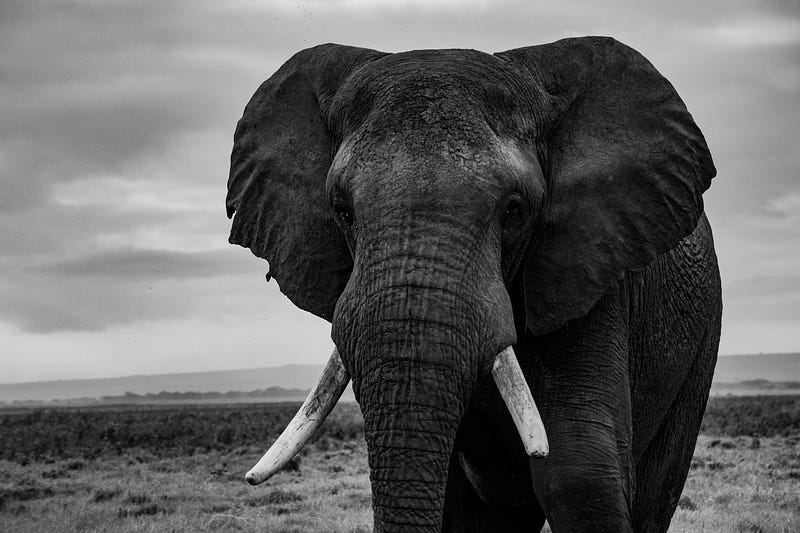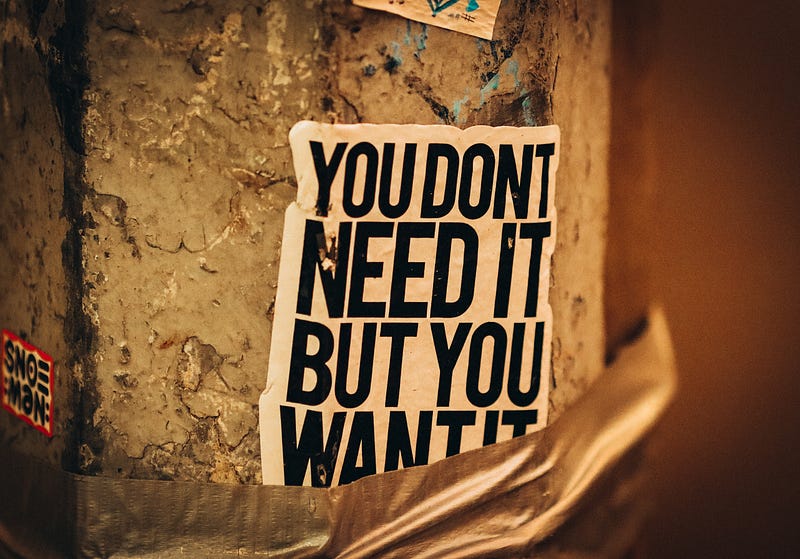Part 1 of a Discussion of Peter Foster’s Why We Bite the Invisible Hand Chapter 11 “The Darwin Wars”
Foster turns this chapter to an examination of the field of sociobiology, where evolutionary biology meets psychology, hoping to find answers to why we carry anti-capitalist views instinctively.
Seeking the source of this knee-jerk dislike of capitalism is his quest, as Foster explained at the beginning of the book.
In sociobiology, he says he finds a field that is almost exclusively leftist in their biases. The split between them he characterizes as a fight “between the left and the farther left.” (p. 229)
The starting point for sociobiology is Darwinian evolution, which seemingly explains human behavior as biologically based.
The survival of the fittest theory implies the idea of “dog-eat-dog selfishness” being innate. However, to the leftist academics who had a negative view of capitalism, it sounded uncomfortably like saying capitalism is in the genes.
While we can all point out examples of selfish behavior in people (and ourselves), we can also point out examples of altruistic behavior. How does that fit in with Darwinism?
Foster notes biologist William Hamilton explained an individual organism is concerned with their genes more than the entire species. As such, it can make sense to sacrifice yourself for the benefit of the family. This behavior is known as kin selection. (p. 228)
These ideas were also advanced by biologist Richard Dawkins in his book The Selfish Gene. Even though Dawkins considered himself on the left, Foster says his book “proved anathema to the academic left.” (p. 229)
While this shift towards kin selection as the story seemed to match the evidence, the theory is still based on selfish behavior for gene survival. And again, their misunderstanding of equating capitalism to selfishness seemed to imply capitalism is natural, a conclusion many in that field did not like.
Dawkins awkwardly fought against his theory’s apparent support of capitalism because of his own dislike of capitalism. As Foster said, you have the left fighting with the farther left.
To those who suggested that Darwinism had “right-wing, conservative” implications, Dawkins kept pointing out, with obvious frustration, the “fact-value distinction”: that “is” does not mean “ought.”…He clearly thought it ought to be “leftwards inclined,” which raised many questions about his own unexamined assumptions. (p. 233)
We will discuss this more in the next blog but essentially the right and the left are split on their view of human nature.
The right sees humans as flawed and in need of checks and balances to hem in their selfishness. The left sees humans as blank slates that can be perfected with the right environment.
With this neo-Darwin world suggesting selfish genes, it sounded a lot closer to how the left perceives how the right thinks about human nature, provoking them to attack views like Dawkins’.
The sociobiology view of selfish genes was then criticized for supporting genetic determinism and the “capitalist status quo” (p. 230)
Dawkins tried to fight back by saying humans are both genes and memes; the latter he said are “thought packages” that were carried through like genes through cultural evolution. (p. 230)
He further “claimed that genes generated only tendencies that could be overridden.” (p. 232)
I get that Dawkins did not want to be associated with the natural conclusion of genetic determinism, which is eugenics, but it seems to me he is undermining his theory if he says we can choose to override genes.
The field holds to the Standard Social Science Model that behaviors like aggression, acquisitiveness, and gender roles are just learned cultural artifacts that could be undone with the proper changes to society. (p. 229)
They tended to play down the role of innate, hereditary human tendencies and stressed the primacy of culture, a perspective that pervaded social science departments more generally. It was crucial to their ideological view that man’s fundamental nature could be changed for the better by social engineering. (p. 229)
Foster diagnoses the problem with the sociobiology field as a lack of diversity of ideas, which results in a lack of recognition of the biases they bring to their analysis.
More tendentiously muddled, however, was Dawkins’ reflexive equation of capitalist success with “ruthlessness” rather than prudence, organization and empathy with the consumer. As Matt Ridley pointed out, the great thing about emergent innovative markets was that by winnowing out bad ideas, they enabled more people to live and thrive. Such a view was simply inconceivable to those who demonized the market perspective. (p. 234)
Here, Foster is pointing out that the field has the biased assumption that capitalism is selfish, and no one is challenging that view. A field that had people who could challenge that idea would have allowed them to keep the selfish gene idea without that meaning capitalism is inborn.
Success in capitalism actually comes from good behavior (“prudence, organization, and empathy with the consumer” p. 234). The bad ideas, bad management, and bad products die off while the good ones lead to increased output and a rising standard of living.
Foster turned to evolutionary biology and psychology hoping they were researching questions like how people may have evolved to have moral assumptions and what would happen when you have rapid social change such as the rise of capitalism. (p. 233)
Instead, he finds no one is examining these moral assumptions or, maybe more importantly, appears to be aware they have them. Nor do they seem to be aware of how this blindness is impacting their academic conclusions.
The origins of such economics-challenged and historically problematic convictions demanded analysis, but it was hardly likely to get any from those who were consumed by them. Intellectuals were obviously less than open to the notion that their ideas for social reform might be based on irrational commitment, economic ignorance, the attractions of moral posturing, subconscious power, lust, or any combination of these weaknesses. (p. 235)
Foster mentions an academic conference he attended in 2011 for the Society for Personality and Social Psychology where psychologist Jonathan Haidt asked the thousands of attendees to raise their hands if they considered themselves “conservative.” Only three people raised their hands. (p. 238)
Granted, you could define conservative in many ways, but whatever version they thought of, only three would publicly claim it.
We will delve further into Haidt’s work in the next blog, but it deals with our morality and how we think about moral issues. As such, this lack of diversity in views concerned Haidt because it meant few would recognize biases existed since they generally shared the same biases.
“My research,” he said, “like so much research in social psychology, demonstrates that we humans are experts at using reasoning to find evidence for whatever conclusions we want to reach. We are terrible at search for contradictory evidence.” (p. 240)
Reference: Foster, Peter, 2014. “The Darwin Wars” Chapter 11 of Why We Bite the Invisible Hand, Pleasaunce Press.




